10 Films That Are Too Controversial For TV
Ever watched a classic old movie and cringed at a line or scene that, devoid of context, is actually incredibly inappropriate and/or racist? It happens more often than you’d think. Attitudes towards race, gender and addiction change over time, meaning sometimes movies that were considered scandalous in their day actually feel pretty toothless today. Not these bad boys, however: these are 10 movies which are still no doubt gathering dust on the shelf marked ‘Do not broadcast under any circumstances’…
'Song Of The South’ (1946)
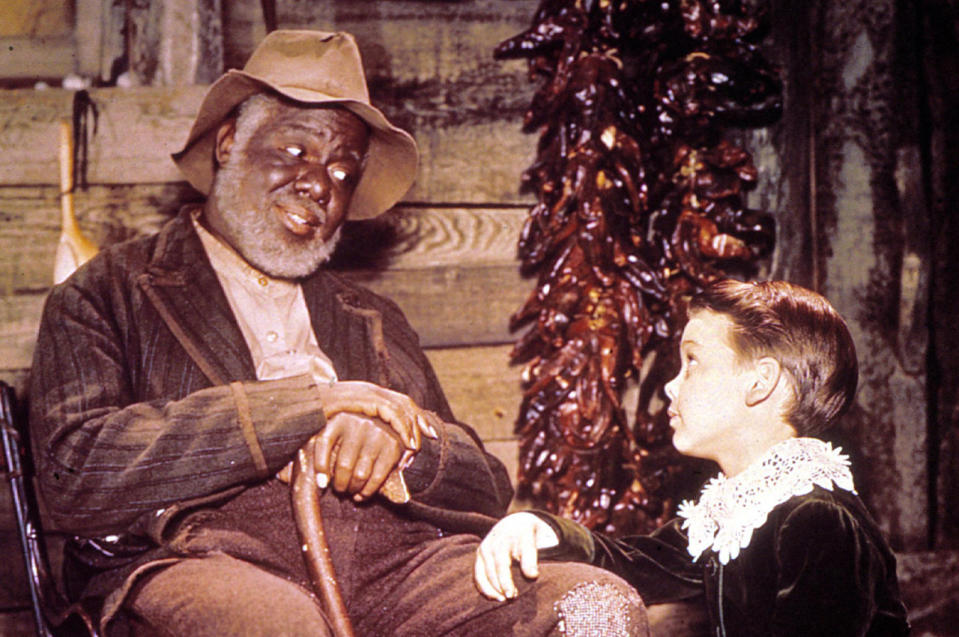
Disney don’t really do scandal – movies from the Mouse House are generally about as edgy as an orange – but this 1946 collection of African-American folk tales has not weathered well, forcing the studio to put the movie in its much-fabled 'vault’ and throw away the key. It’s not that it’s racist as such, more that it’s an uneasy reflection of the inherent racism of the times: set in the Deep South after the American Civil War, the stories are read by Uncle Remus, a 'Magical Negro’-type character who, although friendly and jovial, doesn’t exactly do anything to dispel the myths of the idyllic 'master and slave’ relationship. Slavery, and the American Reconstruction, are shameful periods of American history which Disney – quite rightly – do not want to be associated with. Still, it did give the world the song 'Zip-a-Dee Doo-Dah’ so it’s not all bad.
'The Birth Of A Nation’ (1915)
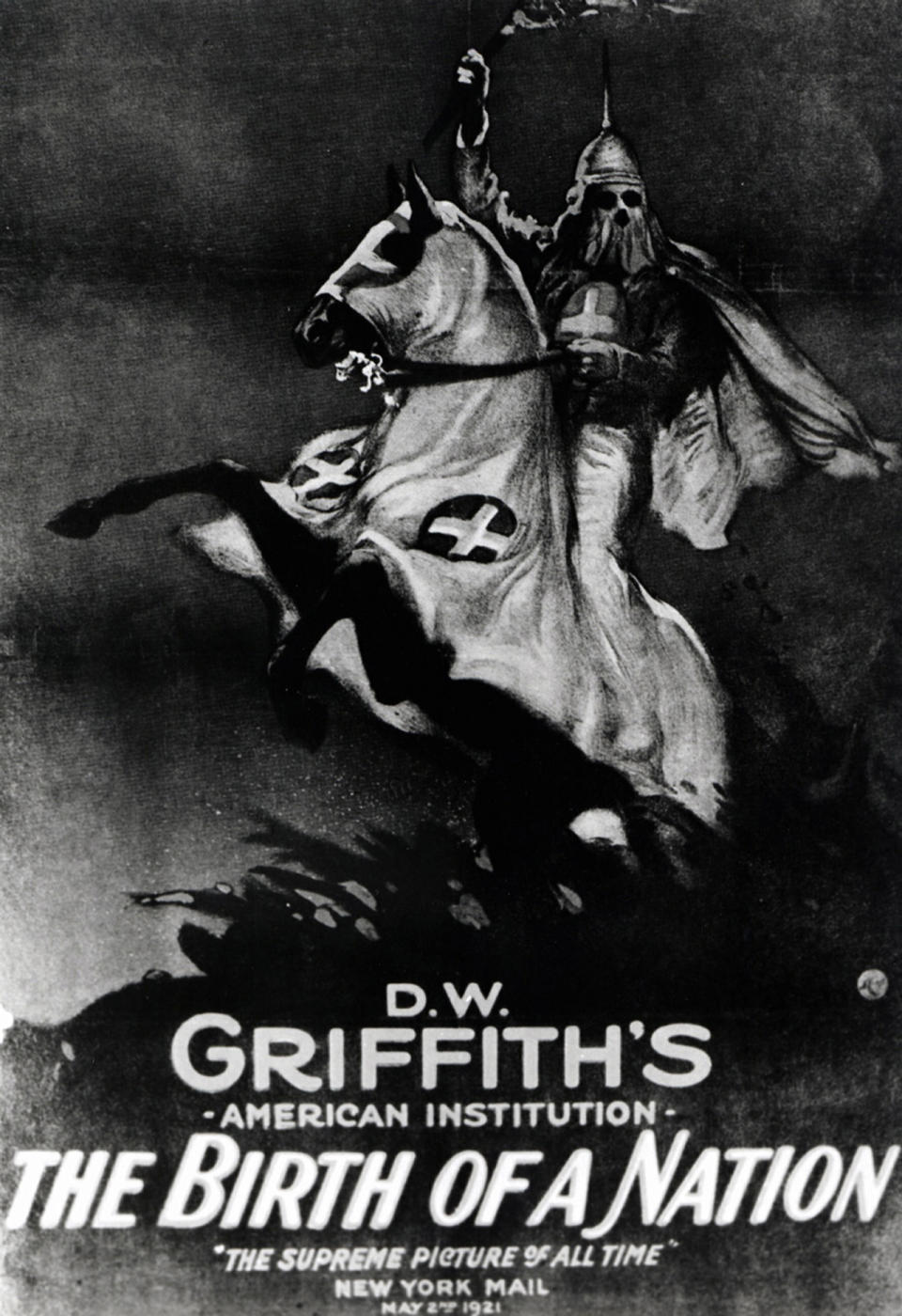
A silent epic from pioneer filmmaker D.W. Griffith, 'The Birth Of A Nation’ fell on the wrong side of history. Adapted from the novel The Clansman, the movie ostensibly tells the story of two families torn apart by the American Civil War, but time revealed it to be horrendously prejudiced against black men, who were portrayed as being savage and aggressive towards women (half of the black cast were actually white actors wearing makeup). The movie, understandably, caught a lot of flak for portraying the Ku Klux Klan as a force for good. 'The Birth Of A Nation’ was effectively used by the KKK as a recruiting tool and went on to help forge a new era of American racism. It is very much not on Netflix.
'C**ksucker Blues’ (1972)
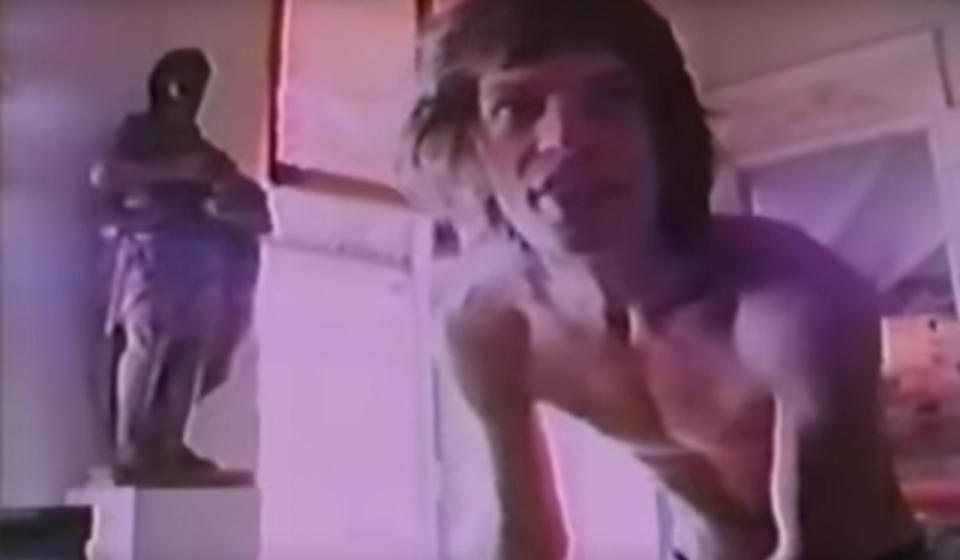
If you play with fire, you’re going to get burned. If you go on tour with The Rolling Stones in order to document their debauchery, you’re going to get some great – but ultimately unusable – footage. Robert Frank was invited on the Stones’ tour of Exile On Main St in American 1972, but Mick Jagger and friends were slightly too comfortable on camera: Jagger is seen to snort cocaine, while groupies are seen injecting heroin. In the sober light of day, the Stones realised it didn’t exactly cast them in the best light and attempted to ban the film. No deal: they commissioned it. As such, Frank is allowed to show the documentary no more than four times a year, and must be physically present each time. Keith Richards is probably pleasantly unaware any of this even happened.
'Soul Man’ (1986)
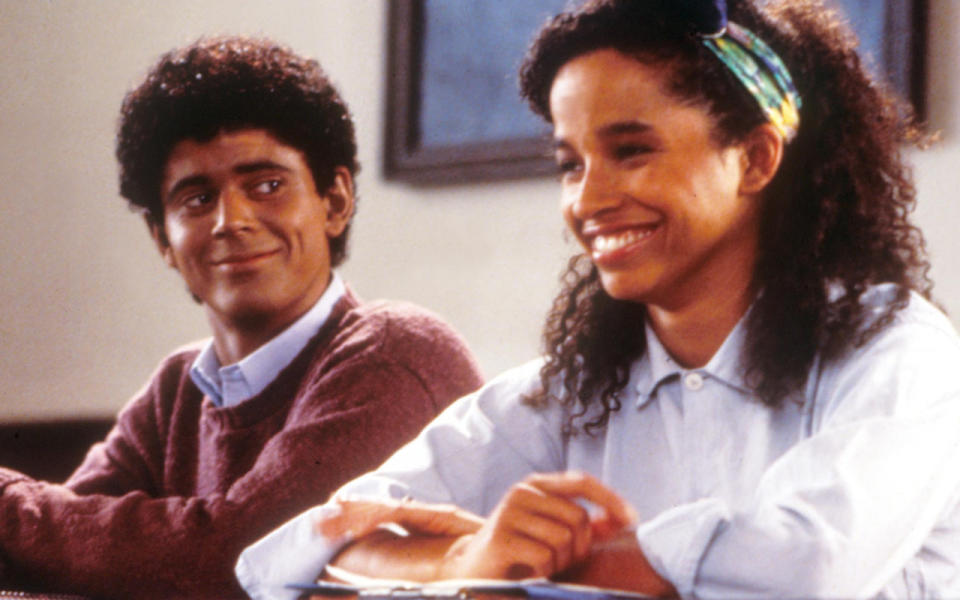
File this one under 'W’ for 'What Were You Thinking?’ Body/gender-swap comedies are ten-a-penny, but race-swap movies are distinctly more rare, for reasons that may seem obvious to you and I but clearly didn’t occur to the makers of 'Soul Man’. The facepalm-inducing plot sees a white college kid (C Thomas Howell, above and below) accidentally overdose on suntan pills, then attempt to pass himself off as black to take advantage of affirmative action and get a spot at Harvard Law School.
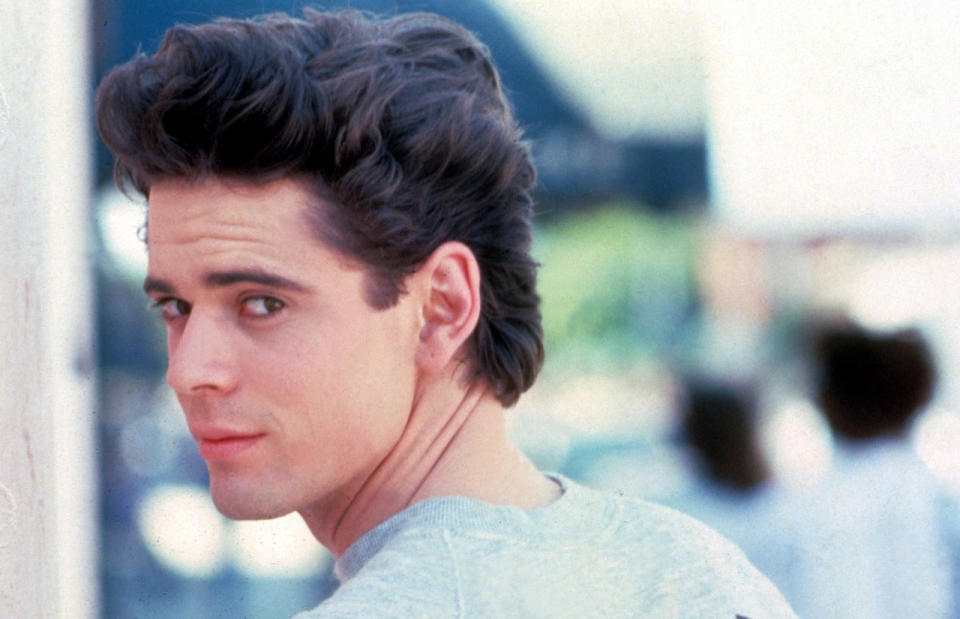
This was an actual movie! That was released! James Earl Jones and Julia Louis-Dreyfus were in it! Can you imagine if this movie was released today? Buildings would burn down.
'Mandingo’ (1975)
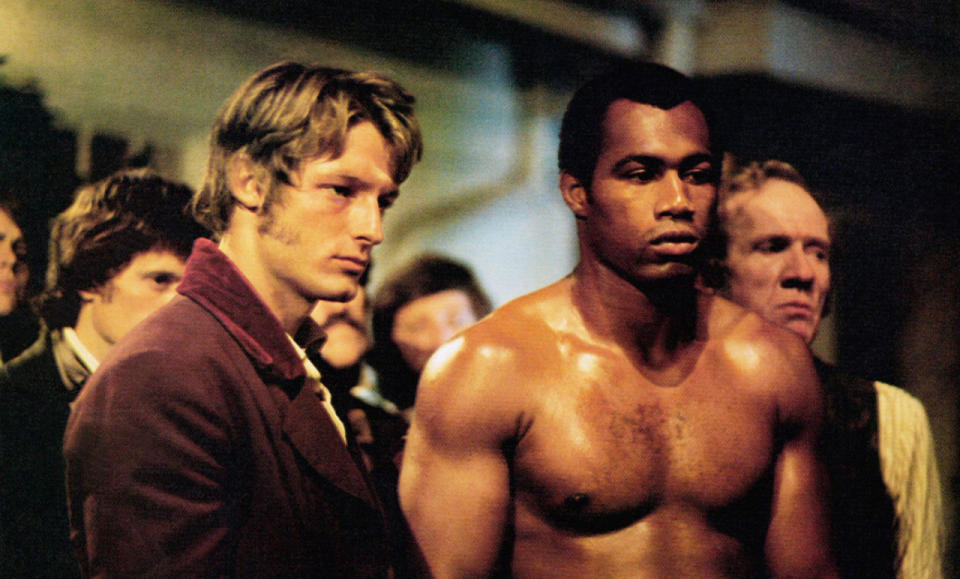
Cited as an influence by Quentin Tarantino for 'Django Unchained’, Richard Fleischer’s slavery drama 'Mandingo’ leaned too heavily into stereotypes for audiences to be comfortable with the movie’s content. The film features troublesome depictions of interracial relationships, while African-Americans are shown to be aggressive and violent and white characters are shown to be psychotic rapists. Critic Roger Ebert called 'Mandingo’ “racist trash” and gave it no stars out of four. It wasn’t released until 30 years after its initial cinematic run, and no television network in the US will touch it.
'The Jazz Singer’ (1927)
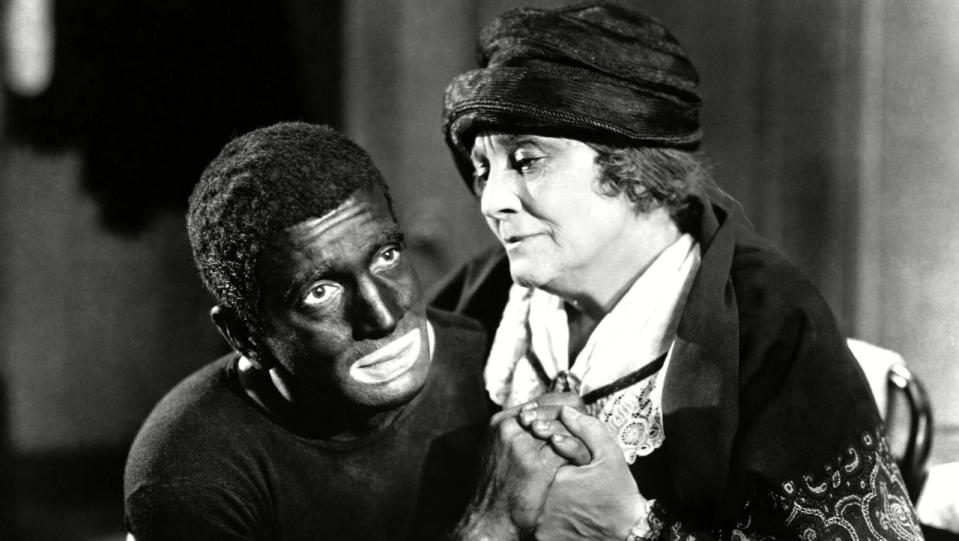
Heralded as the future of cinema at the time, 'The Jazz Singer’ ushered in the era of the “talkies” and banished silent film to the dustbin of time. Though the movie, starring Al Jolson, is a complex and effective portrayal of a young man struggling to reconcile his gift for singing with his Jewish faith, it remains an exceedingly difficult watch in the 21st century due to its over-reliance on 'blackface’ makeup. Given that it was made in 1927 (and was contextually relevant for the themes of identity within) you can just about give it a free pass, but no such generosity should be afforded to the 1980 version starring Neil Diamond, which also featured a scene where the singer performed in blackface. In 1980. Not 1890.
The movies of O.J. Simpson (1968-1994)
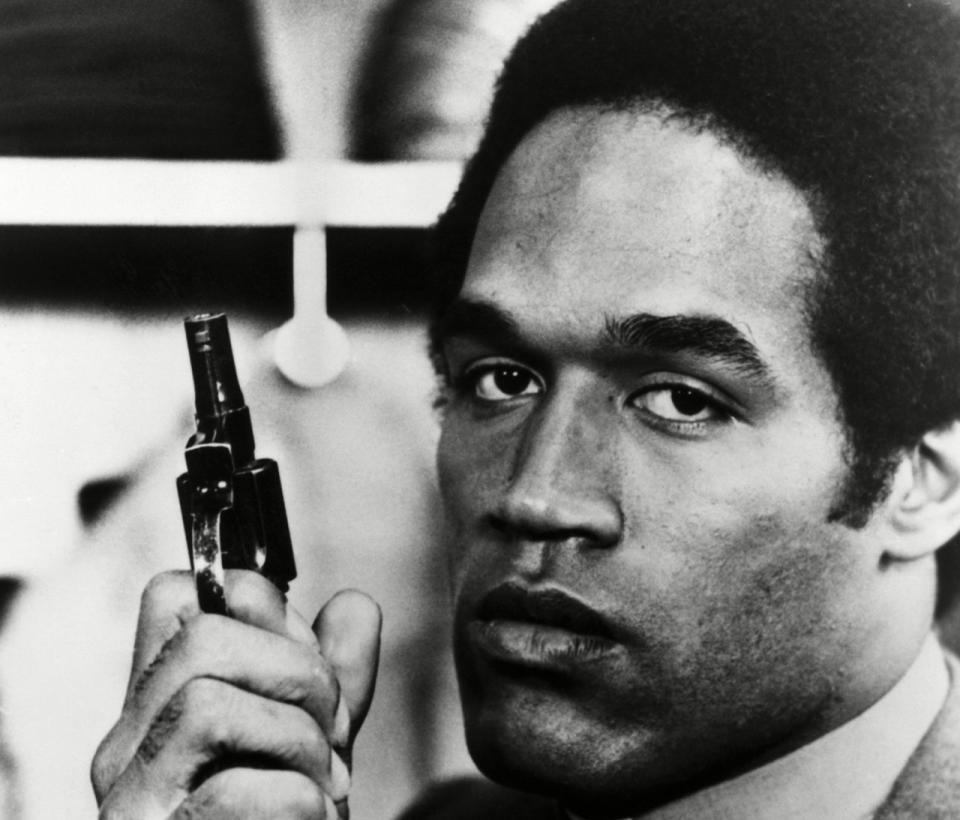
The so-called “trial of the century” signified the end of retired football star Orenthal James Simpson’s second career as an actor. Accused of the brutal murder of his ex-wife Nicole Brown and her friend Ron Goldman, the OJ trial had TV programmers frantically removing Simpson’s back catalogue of movies from their schedules. Comedies like 'The Naked Gun’ were silly enough to survive being tarnished with the OJ brush, but the majority of the films on his resume – including TV movies with unfortunate titles like 'A Killing Affair’ and 'No Place To Hide’ – were swiftly deleted, never to be shown on terrestrial television again.
'Goodbye Uncle Tom’ (1971)
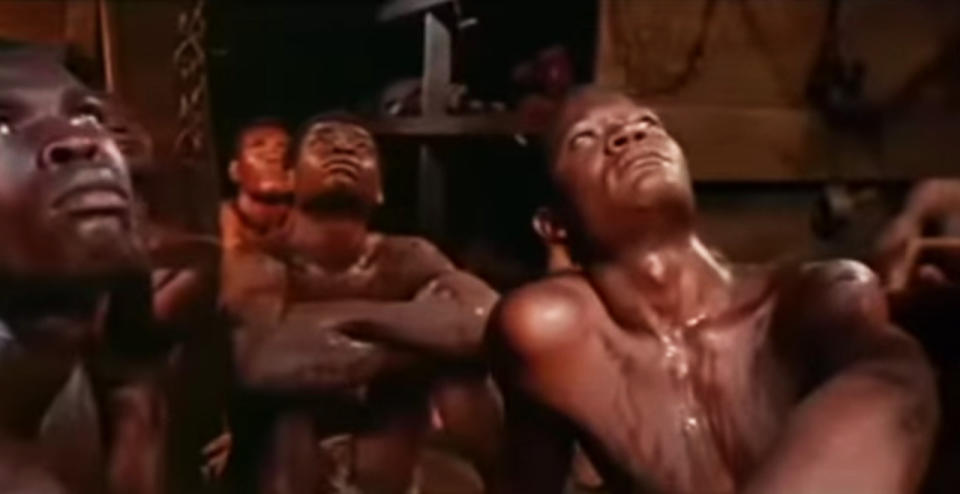
This is a slavery movie with a difference, in that most of the 'actors’ who appeared in the movie weren’t actually acting at all. Italian exploitation directors Gualtiero Jacopetti and Franco Prosperi made this pseudo-documentary after cosying up to the Haitian dictator Pap Doc Duvalier and receiving the freedom of the country, including the use of its poorest citizens as extras. Roger Ebert called it “the most disgusting, contemptuous insult to decency ever to masquerade as a documentary” while fellow critic Pauline Kael said 'Goodbye Uncle Tom’ was “the most specific and rabid incitement to race war”. Even the leader of the Ku Klux Klan thought it was designed to promote hatred (albeit in the other direction), and you know that when you’re upsetting the liberal media AND the KKK you’ve gone wrong somewhere.
'Superstar: The Karen Carpenter Story’ (1987)
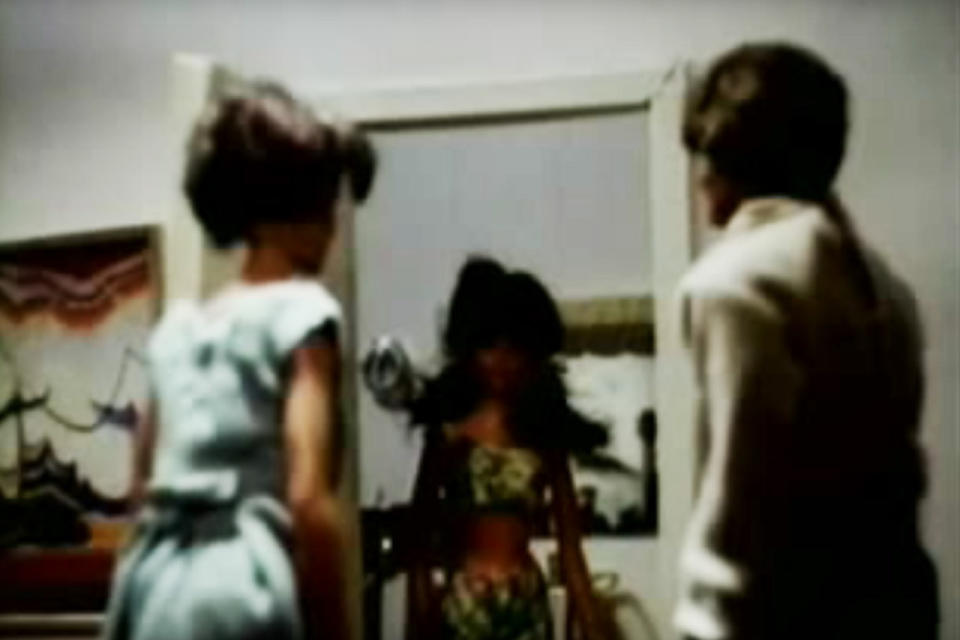
Todd Haynes is all about the prestige pictures these days ('Carol’ was the critics’ choice this awards season) but back in 1987 he was just a film student trying to get noticed. Haynes achieved just this with his debut short film, which detailed the troubled last years of singer Karen Carpenter’s life. The problem? It did so via the medium of Barbie dolls. The film – which illustrated her anorexia by whittling down her doll’s face and body – was sympathetic to Karen, but not so much to the Carpenter family; it was insinuated that her parents were abusive and her brother, Richard, valued fame above his sister’s well-being. Upon finding out that Haynes had no licences for any of the Carpenters’ songs, Richard Carpenter succeeded in having the movie deleted – all copies were recalled and destroyed. Apart from the ones that are still floating around the internet, obviously.
'Escape From Tomorrow’ (2013)
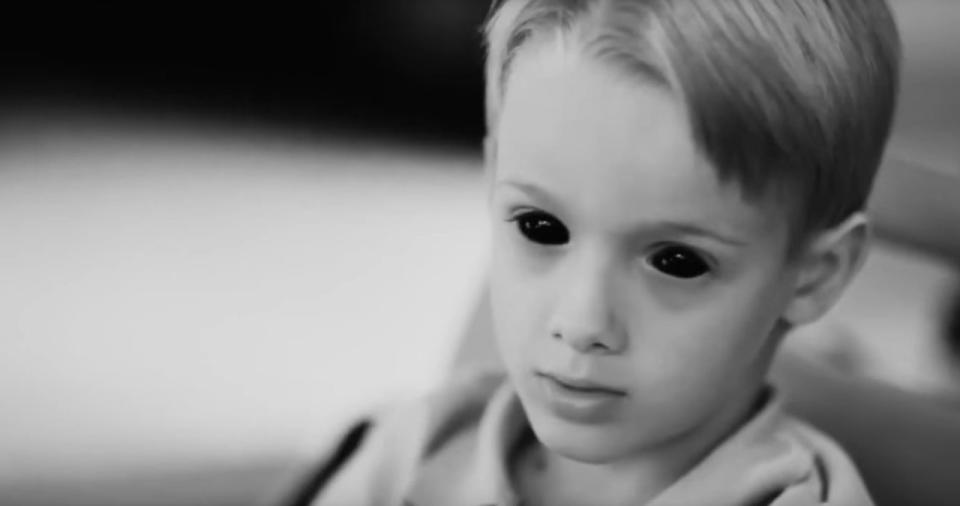
Here’s one movie you won’t ever see on the Disney Channel, despite the fact it was shot almost entirely on location at Disney World. This independent horror movie about a father having increasingly disturbing visions on the last day of his family holiday was shot on the sly at Walt Disney World in Florida, using handheld video cameras and scripts read from iPhones. Writer-director Randy Moore was so worried about Disney finding out about the film he edited it in South Korea. He needn’t have worried: though they could have shut the film down easily through the courts, the studio decided they didn’t need the bad press and decided their official line on the movie was to ignore it. Even so, don’t expect to see it on BBC1 after the Queen’s Speech this Christmas.
Read more:
10 Amazing Batman And Superman Films That Almost Got Made
What Happened To Big Brother’s Nasty Nick?
10 Tips To Stop Your House Getting Robbed

 Yahoo News
Yahoo News 
